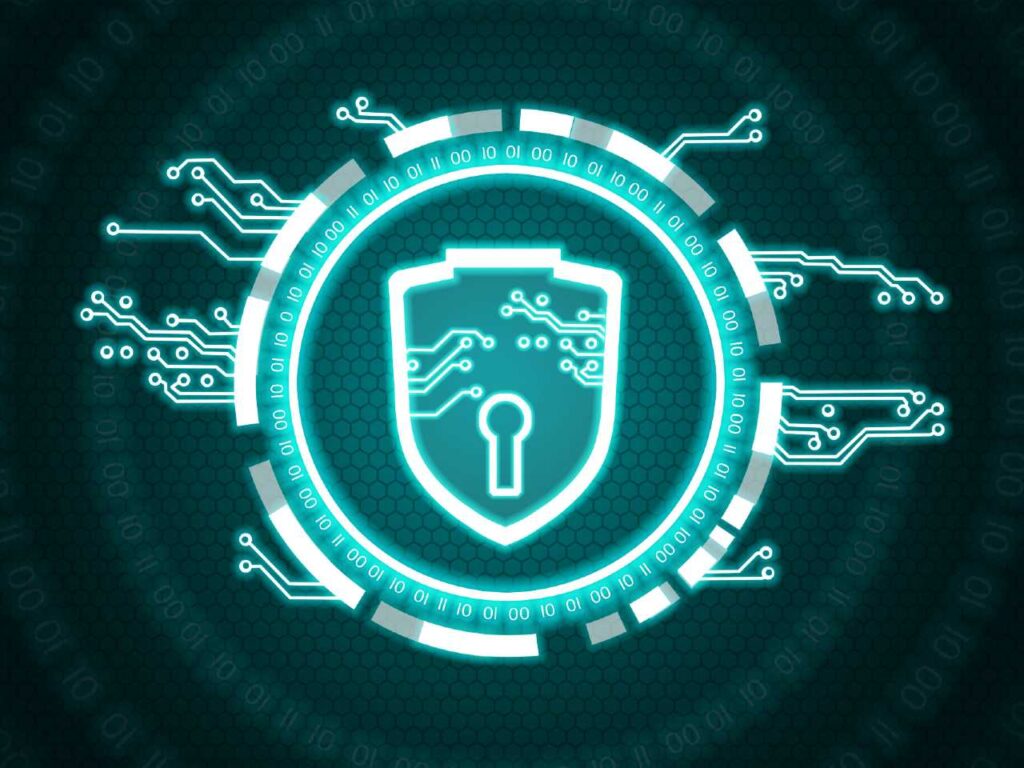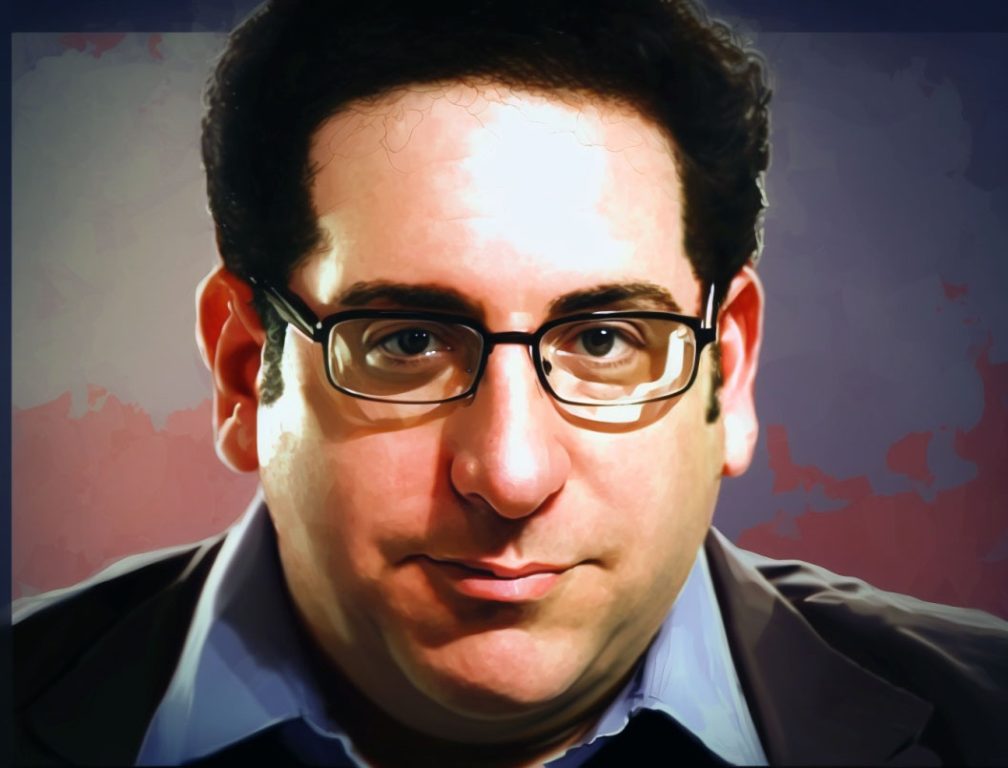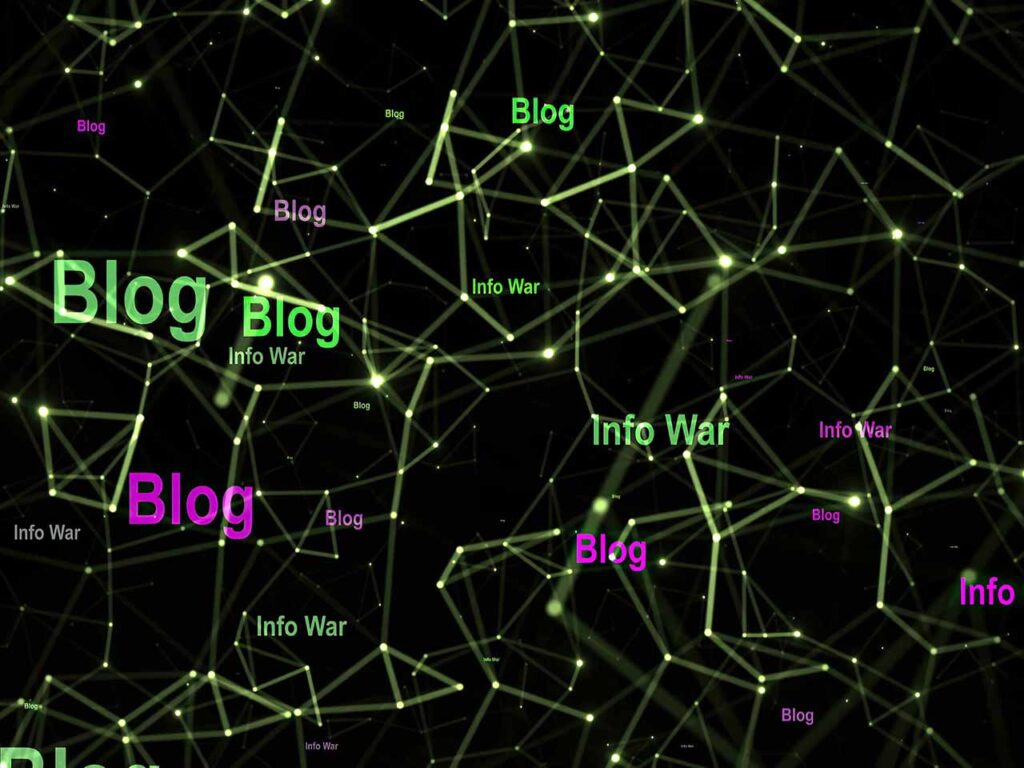Julian Assange is a renowned Australian editor, activist, and journalist. He is famously known for founding WikiLeaks in 2006, a platform which publishes secret information, news leaks, and classified media from anonymous sources. His work with WikiLeaks put him in the spotlight, particularly for noted publications of classified documents. These actions, however, led to legal issues for Assange; he was sought by the U.S. government for espionage and took political asylum at the Ecuadorian Embassy in London in 2012. In 2019, this asylum was withdrawn, leading to his arrest. He’s been an influential figure for freedom of speech and government transparency, though his methods are often seen as controversial.
1. Julian Assange’s Early Life and Career
Julian Assange was born on July 3, 1971, in Townsville, Queensland, Australia. His early life was marked by constant moving due to his parents’ involvement in the theatre. He didn’t attend school regularly but was largely self-educated, showing an early aptitude for mathematics and computing.

Stay One Step Ahead of Cyber Threats
Assange’s interest in computers grew in his teens, leading to a fascination with hacking. He became part of a hacker group known as “International Subversives” in the mid-1980s. Despite getting caught and charged for hacking in the early ’90s, the experience marked the start of his affinity for whistleblowing and information transparency.
He went on to study programming, mathematics, and physics at several universities in Australia but did not complete a degree. However, he used his skills and knowledge to start a career as a computer programmer and cybersecurity consultant. His years in this field solidified his belief about the public’s right to access concealed information, leading to the creation of WikiLeaks.
2. The Founding and Impact of WikiLeaks
Julian Assange founded WikiLeaks in 2006 with a goal to obtain and publish confidential documents and images. He aimed to reveal hidden information to the public to expose wrongdoing. WikiLeaks quickly gained international attention in 2010 with a series of releases, including the Collateral Murder video, and the Iraq and Afghanistan war logs.
The ‘Collateral Murder’ video from 2010, showing U.S. soldiers killing civilians from a helicopter in Iraq, was one of WikiLeaks’ most earth-shattering releases. It was followed by the release of thousands of military documents detailing incidents from the Afghanistan and Iraq wars, including many that were previously unreported.
WikiLeaks’ releases have triggered political turbulence worldwide and spurred numerous debates around press freedom and data privacy. Assange’s work through WikiLeaks has earned him both praise for the promotion of transparency and criticism concerning potential risks to national security.
3. Legal Troubles and Controversies surrounding Julian Assange
Julian Assange’s activities with WikiLeaks have led to significant legal issues and controversies. In 2010, Sweden issued an international arrest warrant for Assange on allegations of sexual assault. This resulted in Assange seeking and being granted political asylum at the Ecuadorian embassy in London in 2012. He lived in the embassy for seven years until the withdrawal of his asylum in 2019.
In addition to his troubles in Sweden, Assange also faces ongoing legal battles with the U.S. government who charged him with conspiracy to commit computer intrusion in 2010. This was due to his involvement in one of the largest leaks of government secrets in the U.S., with the help of former intelligence analyst Chelsea Manning. If extradited and convicted, Assange could face a hefty sentence.
His prolonged stay at the Ecuadorian embassy, legal battles, and his role in the 2016 U.S. presidential elections – where he was accused of leaking emails from the Democratic Party’s servers to damage Hillary Clinton’s campaign – have made Assange a controversial figure. Despite this, he retains a strong supporter base worldwide, drawn to his commitment to transparency and free speech.
Conclusion
Julian Assange, the founder of WikiLeaks, is undeniably a significant figure in today’s digital age. Despite controversies surrounding his actions and legal proceedings, his efforts towards promoting transparency and freedom of information have triggered global debates and made a strong impact on digital journalism and geopolitics.
Key Takeaways
- Julian Assange, born in Australia, began his career as a computer programmer and cybersecurity consultant.
- He founded WikiLeaks in 2006 with the aim of revealing confidential documents to the public in an effort to expose wrongdoing.
- WikiLeaks’ most significant releases include the Collateral Murder video and thousands of documents from the Afghanistan and Iraq wars.
- While Assange’s actions have been praised by many for promoting transparency, he also faces criticism concerning potential risks to national security.
- Assange has been embroiled in numerous legal issues, including an arrest warrant from Sweden on sexual assault allegations and charges from the U.S. government for conspiracy to commit computer intrusion.
Related Questions
1. How did Julian Assange get into hacking?
Julian Assange began hacking during his teenage years in Australia, joining a hacker group known as “International Subversives”. This experience started his passion for information transparency.
2. What was the impact of the Collateral Murder video release on WikiLeaks’ reputation?
The Collateral Murder video, released by WikiLeaks in 2010, showed U.S. soldiers killing civilians in Iraq. It sparked international outrage, firmly establishing WikiLeaks as a significant player in global information dissemination, and emboldening its mission for transparency.
3. Why did Julian Assange seek asylum in the Ecuadorian embassy?
Julian Assange sought asylum at the Ecuadorian embassy in London in 2012 after Sweden issued an international arrest warrant against him on sexual assault allegations. He lived in the embassy for seven years before his asylum was withdrawn in 2019.
4. What legal charges is Julian Assange facing in the U.S.?
In the U.S., Julian Assange was charged with conspiracy to commit computer intrusion in 2010 for aiding in a massive leak of government documents. If extradited and convicted, he could face a substantial prison sentence.
5. How has the public opinion about Julian Assange changed over the years?
Public opinion about Julian Assange is divided. While many laud his efforts towards government transparency and consider him a heroic whistleblower, others criticize him for jeopardizing national security with irresponsible information leaks and accuse him of political meddling.
"Amateurs hack systems, professionals hack people."
-- Bruce Schneier, a renown computer security professional






